Personal competencies
Competencies concerning self-management in the context of own work
Each competency below provides a general definition and describes learning outcomes regarding knowledge, skills, and attitudes.
Explore these competencies
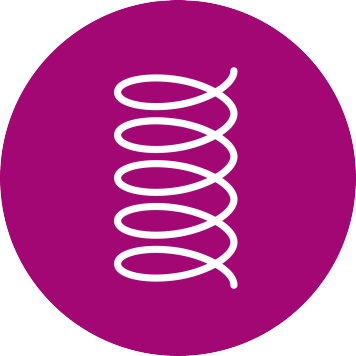
Ability to adjust effectively to a changing environment and deal well with changes
Knowledge description
- Knowledge of sources of ambiguity and change and their impact on different environments and contexts
Skills description
- Ability to adapt to different roles, responsibilities, and contexts
- Ability to change priorities and direction if necessary
Attitudes description
- Be open to criticism and setbacks
- See ambiguity and change as an opportunity to learn
- Be willing to move forward despite ambiguity
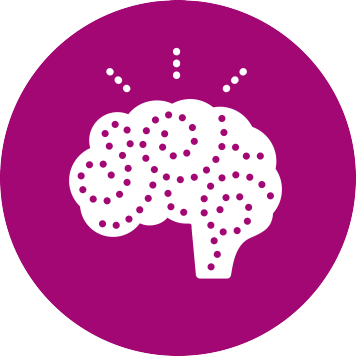
Ability to produce and implement novel and useful ideas
Knowledge description
- Knowledge of idea-creation techniques and processes
Skills description
- Ability to apply idea-creation techniques to generate new and potentially useful ideas
- Ability to elaborate, refine, analyse, and test own ideas in order to improve and maximise creative efforts
- Ability to convert ideas into action plans and projects at work or in own field
- Ability to act on new ideas to make useful contributions to economy, research, and society
Attitudes description
- Be open to new and diverse perspectives
- Be creative and inventive when developing potentially new and useful ideas
- See change as an opportunity to experiment and explore
- Think outside the box and adopt a fail-forward attitude
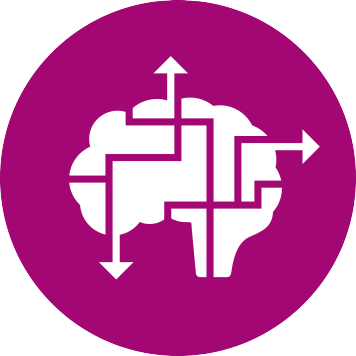
Ability to analyse and evaluate situations and recommend courses of action
Knowledge description
- Knowledge of techniques to describe the structure of an argument
- Knowledge of how to formulate an argument
Skills description
- Ability to identify key problems
- Ability to adopt systems thinking
- Ability to synthesise information from a variety of resources
- Ability to evaluate sources by drawing inferences and questioning assumptions
- Ability to formulate own arguments and question assumptions
- Ability to analyse alternatives and anticipate outcomes
- Ability to provide sound recommendations
Attitudes description
- Aspire to be an informed citizen
- Acknowledge limitations of own knowledge with modesty while staying motivated to learn more
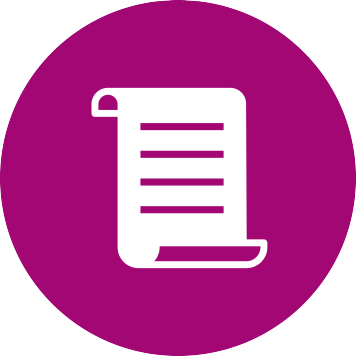
Adherence to moral and ethical principles in the conduct of own work and in the relationship with others
Knowledge description
- Knowledge of standards of good practice in the institution and discipline
- Understanding of the effects of volatility, ambiguity, and complexity on practices in the institution and discipline
Skills description
- Ability to remain honest and respectful in volatile, uncertain, ambiguous, and complex situations
- Ability to take responsibility and act decisively both in normal and volatile, uncertain, ambiguous, and complex situations
Attitudes description
- Value transparency, honesty and work ethics and apply them in relationships and own work
- Admit faults and seek guidance as necessary
- Be open-minded, objective, and accountable for own actions
- Be reliable and trustworthy
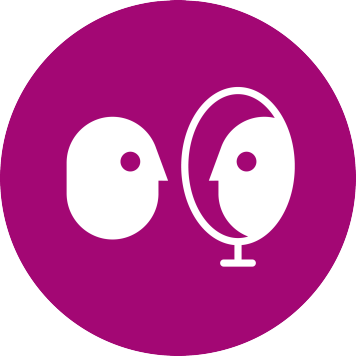
Ability to understand own strengths and weaknesses and enhance self-development
Knowledge description
- Awareness of oneself, own interests, and needs
- Knowledge of techniques to assess own strengths and weaknesses
Skills description
- Ability to identify own development needs
- Ability to recognize and implement opportunities for lifelong learning
- Ability to learn both from others and autonomously
Attitudes description
- Have confidence in oneself
- Feel ownership of, and be committed to, own professional development and lifelong learning
- Reflect on own achievements and experience

Ability to motivate oneself and organise own work in order to achieve results
Knowledge description
- Knowledge of techniques to set personal goals with success criteria
- Awareness of the effects of pressures and distractions on own work and work-life balance
Skills description
- Ability to work independently
- Ability to manage time effectively and independently
- Ability to prioritise among multiple projects, tasks, and duties
- Ability to manage pressures, distractions and stress
- Ability to maintain a good work-life balance
Attitudes description
- Be passionate about and proud of own work
- Maintain motivation to work
- Avoid undue pressures and enhance personal well-being
- Have confidence in own expertise and feel comfortable working independently
Integrating personal competencies
Students' personal development also depends on the fostering of personal competencies. For example, self-motivated students are more likely to take the initiative and ownership of their studies or work, set goals, and act on a schedule.
In the future, recruiters seek greater adaptability and resilience, open-minded people who can shift gears, think critically, adapt behaviours to team needs, manage uncertainty, and find the positive even when things are bad.

What employers, ETH alumni and employees say
Allow the exploration of strengths and preferences
I usually ask my prospective doctoral students if they see themselves more as writers, experimenters or speakers, as you do not usually have all the three abilities in the same amount. It might be valuable to explore and learn your preferences.
Prof. Dr Susanne Ulbrich, D-USYS
Further readings
- chevron_right La Cara, B., Gemünden, M. & Koch-Kiennast, B. (2023). Fostering social and personal competencies in higher education: The ETH Competence Framework case, ETH Learning and Teaching Journal, 4 (1), 105-118.
- external page call_made Resetting the Future of Work Agenda: Disruption and Renewal in a Post-COVID World, 2020, WEF
- external page call_made Graduates, Here’s How to Manage Your Career During This Pandemic, 2020, HBR
- external page call_made Valuing people’s soft skills, 2020, Michael Page
- external page call_made Returning to work in the future of work, 2020, Deloitte